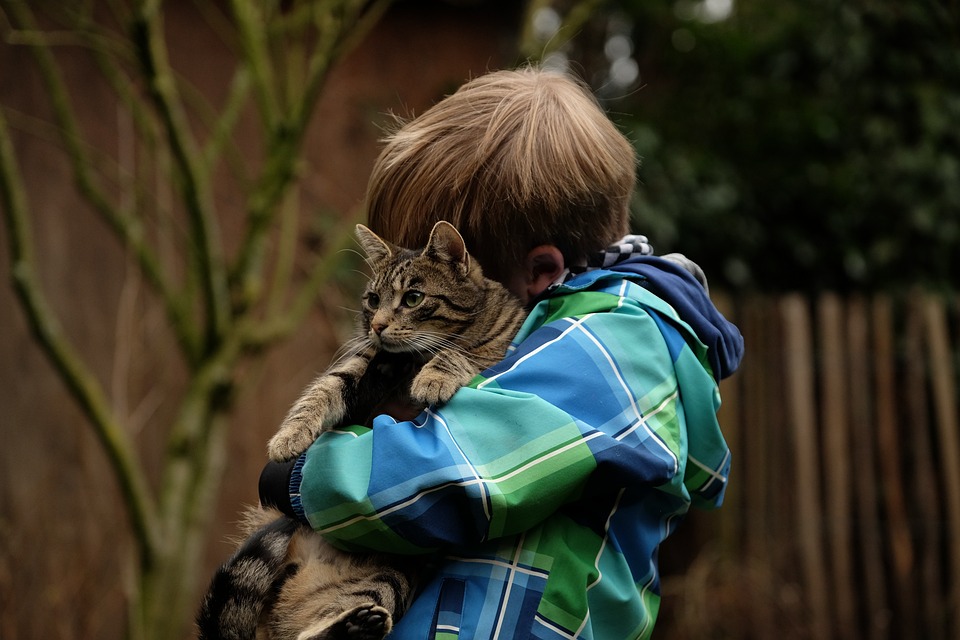Respiratory infections in cats are a common concern for pet owners. These infections can range from mild to severe and may lead to complications if not properly managed. In this article, we will discuss effective ways to prevent and manage common respiratory infections in cats, ensuring their overall health and well-being.
Respiratory infections in cats are often caused by viruses or bacteria. They can be transmitted through direct contact with an infected cat, contaminated objects, or even through the air. Cats living in crowded or stressful environments, such as shelters or multi-cat households, are particularly susceptible to respiratory infections.
The most common respiratory infections in cats include Feline Herpesvirus (FHV-1), Feline Calicivirus (FCV), Bordetella bronchiseptica, and Chlamydophila felis. FHV-1 is a highly contagious virus that affects the upper respiratory tract, causing symptoms like sneezing, nasal discharge, and eye inflammation. FCV is another common viral infection that causes similar respiratory symptoms but can also lead to oral ulcers and lameness in cats. Bordetella bronchiseptica, which is responsible for kennel cough in dogs, can also affect cats, leading to respiratory distress and coughing. Chlamydophila felis causes an infection known as feline chlamydiosis, primarily affecting the eyes but can also cause respiratory symptoms.
Preventing respiratory infections is key to maintaining your cat’s health. Here are some effective measures you can take:
1. Vaccination: Ensure your cat is up-to-date on core vaccinations, such as the FVRCP (Feline Viral Rhinotracheitis, Calicivirus, and Panleukopenia) vaccine. Regular vaccination can help protect your cat against common respiratory infections.
2. Isolation: If you have a new cat or suspect that your cat might be infected, keep them isolated from other cats to prevent the spread of the infection. This is especially important in multi-cat households or shelters.
3. Hygiene: Practice good hygiene by regularly cleaning litter boxes, food bowls, and bedding. Wash your hands thoroughly after handling an infected cat or any potentially contaminated items.
4. Stress Reduction: Minimize stressors in your cat’s environment, as stress can weaken their immune system and make them more susceptible to infections. Provide them with a calm and safe space.
5. Proper Ventilation: Ensure good air circulation in your home to reduce the concentration of airborne pathogens. Open windows or use air purifiers to improve indoor air quality.
If your cat does develop a respiratory infection, prompt management is crucial. Here are some steps you can take:
1. Veterinary Evaluation: Schedule a visit to your veterinarian for a thorough examination and diagnosis. They may perform tests to identify the specific cause of the infection and determine the most appropriate treatment.
2. Medication: Depending on the type and severity of the infection, your veterinarian may prescribe antiviral or antibiotic medications to treat the respiratory infection. Administer the prescribed medications as directed and complete the full course of treatment.
3. Supportive Care: Provide your cat with a comfortable and stress-free environment. Ensure they have access to fresh water, a balanced diet, and a warm and cozy resting place. Encourage them to eat by offering tempting, aromatic foods if they have a reduced appetite.
4. Humidification: Using a humidifier or creating a steamy environment in a bathroom can help ease congestion and respiratory discomfort in your cat. Moist air can soothe their airways and make breathing easier.
5. Quarantine and Minimizing Contact: Keep your infected cat away from other cats during their recovery period to prevent spreading the infection. Clean and disinfect any shared items regularly.
Here are some frequently asked questions about respiratory infections in cats:
1. Can humans catch respiratory infections from cats?
No, most respiratory infections in cats are species-specific, meaning they cannot be transmitted to humans. However, some zoonotic diseases can be transmitted between cats and humans, so practicing good hygiene is important.
2. How long does it take for a respiratory infection in cats to resolve?
The duration of a respiratory infection can vary depending on the specific infection and the cat’s overall health. Mild infections may resolve within a couple of weeks, while more severe cases may require several weeks or even months of treatment and recovery.
3. Can respiratory infections in cats be fatal?
While most respiratory infections in cats are not fatal, severe or untreated infections can lead to complications, especially in kittens, older cats, or those with weakened immune systems. Prompt veterinary care is essential to prevent complications.
4. Should I isolate my cat if they have a respiratory infection?
Yes, isolating your infected cat is crucial to prevent the spread of the infection to other cats. Keep them in a separate room with their own food, water, litter box, and bedding. Limit contact until they have fully recovered.
Remember, prevention is always better than cure! By following these preventive measures and promptly addressing any respiratory infections in your cat, you can help ensure their respiratory health and overall well-being. If you notice any concerning symptoms, don’t hesitate to consult your veterinarian for guidance and appropriate treatment.








